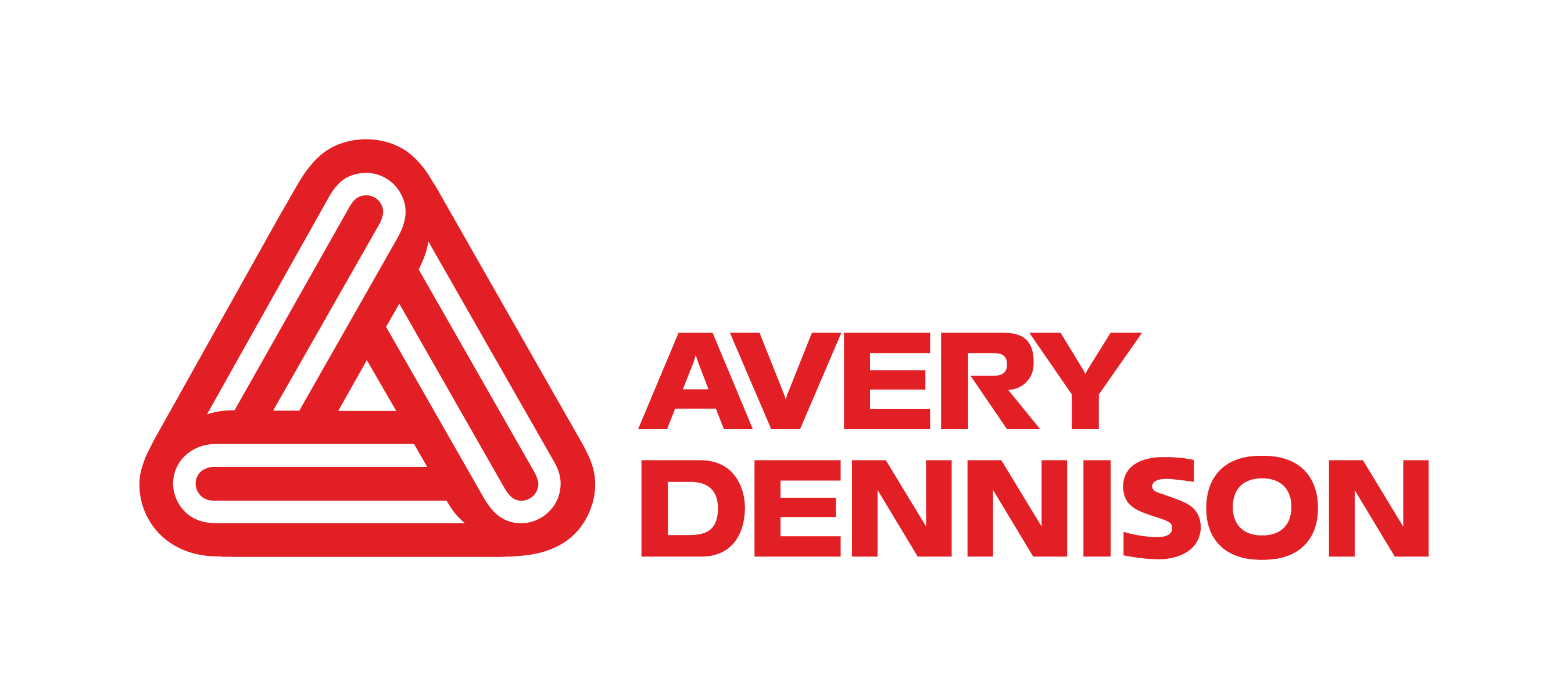At Avery Dennison, we’re helping to make it possible to contribute to a better future and enable others to reduce their environmental footprint. To make sure we deliver solutions that the market actually wants and that deliver maximum impact, we often partner with our customers to develop innovations that answer their specific demands.
Our partner SATO Europe has made the UN Sustainable Development Goals (SDG) a part of their strategy and DNA, offering products to their customers that embrace environmental responsibility, reduce greenhouse gas emissions, efficiently use resources and are in harmony with nature. SATO is committed to improving its carbon footprint and to proposing more sustainable solutions to brands when available. To this end, they were looking for a more sustainable alternative for their vellum facestocks and called on Avery Dennison to make a new, innovative option possible.
The challenge
Vellum is used for logistics and simple short-term applications, and is ideal for substituting with a recycled material. Furthermore, because vellum is one of the pressure sensitive label solutions in SATO’s product portfolio, finding a more sustainable alternative was a great opportunity to reduce their carbon footprint. SATO wanted to replace all the virgin vellum labels they sell to their customers with a 100% recycled solution. When Avery Dennison launched its rMC paper facestocks, SATO challenged us to develop a recycled vellum alternative as well.
The solution
The result of this request was rVellum, a paper label construction that’s highly circular yet offers print quality and conversion performance comparable to non-recycled products. It consists of an FSC-certified facestock with 100% recycled fiber content (including waste from our own liners); an FSC-certified liner with 15% recycled content; and a hotmelt adhesive that is TUV certified for bio-based content.



